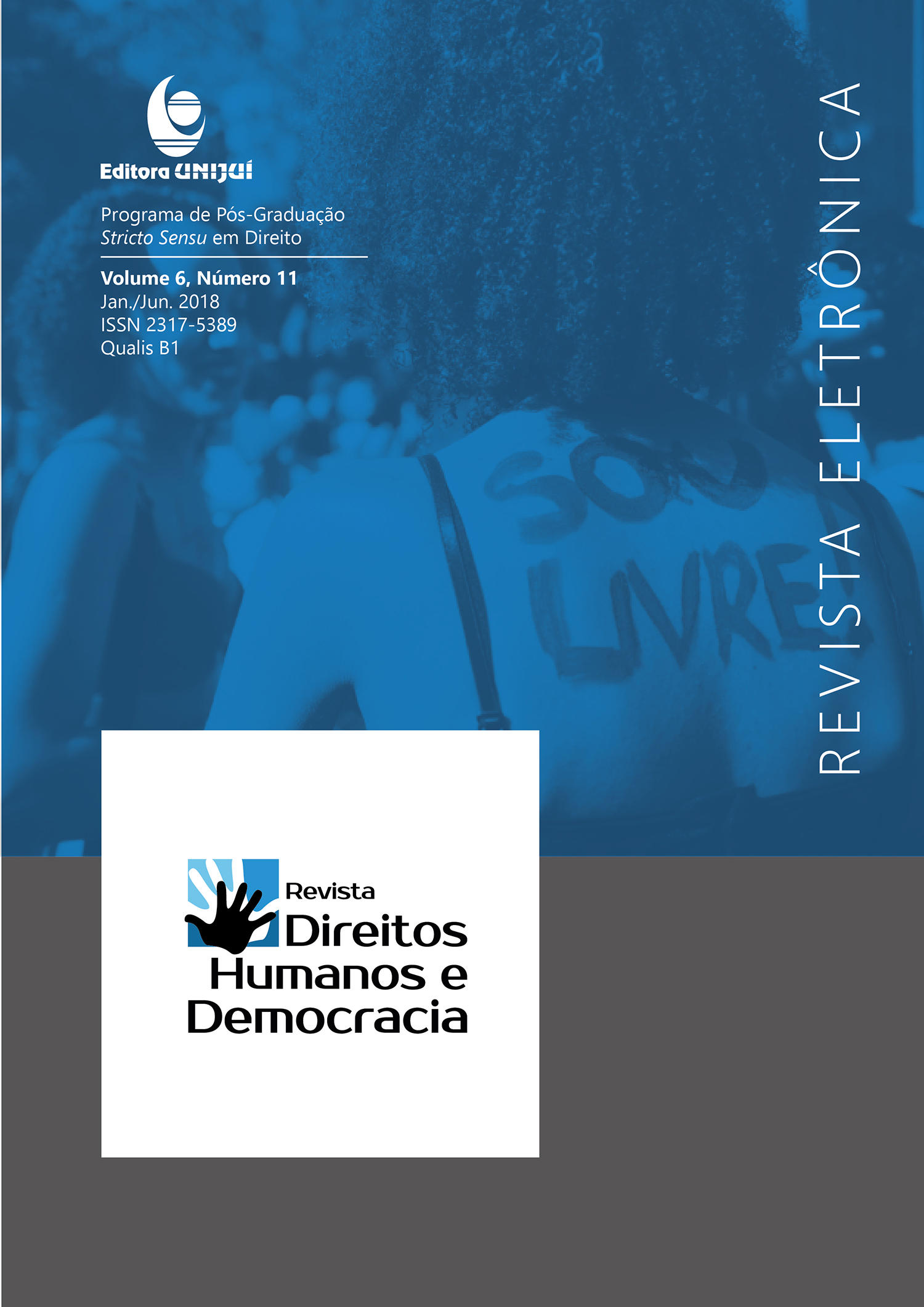FINANCIAMENTO EMPRESARIAL DE CAMPANHAS ELEITORAIS: ANÁLISE EMPÍRICA DOS DESDOBRAMENTOS APÓS JULGAMENTO DA AÇÃO DIRETA DE INSCONSTITUCIONALIDADE PELO STF
DOI:
https://doi.org/10.21527/2317-5389.2018.11.97-133Abstract
O presente estudo tem como objetivo analisar o processo da Ação Direta de Inconstitucionalidade n. 4650/2011 no Supremo Tribunal Federal, que avaliou o financiamento empresarial das campanhas eleitorais, através dos seus atores e de um exame empírico sobre seus efeitos nas eleições à prefeitura do Rio de Janeiro em 2016. De início, tratamos do enquadramento teórico no contexto do constitucionalismo democrático (Post e Siegel) sobre o papel da Corte e dos movimentos e sociedade civil no processo de interpretação constitucional. Em seguida, observamos a trajetória da luta dos movimentos sociais pela reforma política com seus avanços e estagnações. Passamos então a apreciação do debate no STF e, por fim, efetuamos diagnóstico das mudanças e de suas insuficiências em matéria eleitoral. Metodologia – Pesquisa teórica e empírica: levantamento e análise dos dados de sites de acompanhamento das prestações de contas e aspectos relativos às eleições no município do Rio de Janeiro nos anos de 2012 e 2016. Resultados obtidos do julgamento denotam uma busca por um constitucionalismo democrático, onde a legitimidade flui debaixo para cima. Assim, o processo ilustra como os tribunais refletem, mas também constroem a opinião pública. Após a decisão do STF de proibir o financiamento empresarial de campanhas é possível notar, ao menos nas eleições à prefeitura do Rio de Janeiro, uma relação correlata de redução do montante total dos recursos, menor desigualdade entre os candidatos e maior peso de pequenas doações individuais nas campanhas.
Downloads
Published
How to Cite
Issue
Section
License
By publishing in the Revista Direitos Humanos e Democracia, authors agree to the following terms:
Articles are licensed under the Creative Commons Atribuição 4.0 Internacional (CC BY 4.0), which allows:
Share — copy and redistribute the material in any medium or format;
Adapt — remix, transform, and build upon the material for any purpose, including commercial use.
These permissions are irrevocable, provided the following terms are respected:
Attribution — authors must be properly credited, with a link to the license and indication of any modifications made;
No additional restrictions — no legal or technological measures may be applied that restrict the use permitted by the license.
Notices:
The license does not apply to elements in the public domain or covered by legal exceptions.
The license does not grant all rights required for specific uses (e.g., image rights, privacy, or moral rights).
The journal is not responsible for opinions expressed in the articles, which remain the sole responsibility of the authors. The Editor, with the support of the Editorial Committee, reserves the right to suggest or request modifications when necessary.
Only original scientific articles presenting research results of interest, not previously published or simultaneously submitted to another journal with the same purpose, will be accepted.
References to trademarks or specific products are intended solely for identification purposes and do not imply any promotional endorsement by the authors or the journal.
License Agreement: Authors retain copyright over their articles and grant the Revista Direitos Humanos e Democracia the right of first publication.













